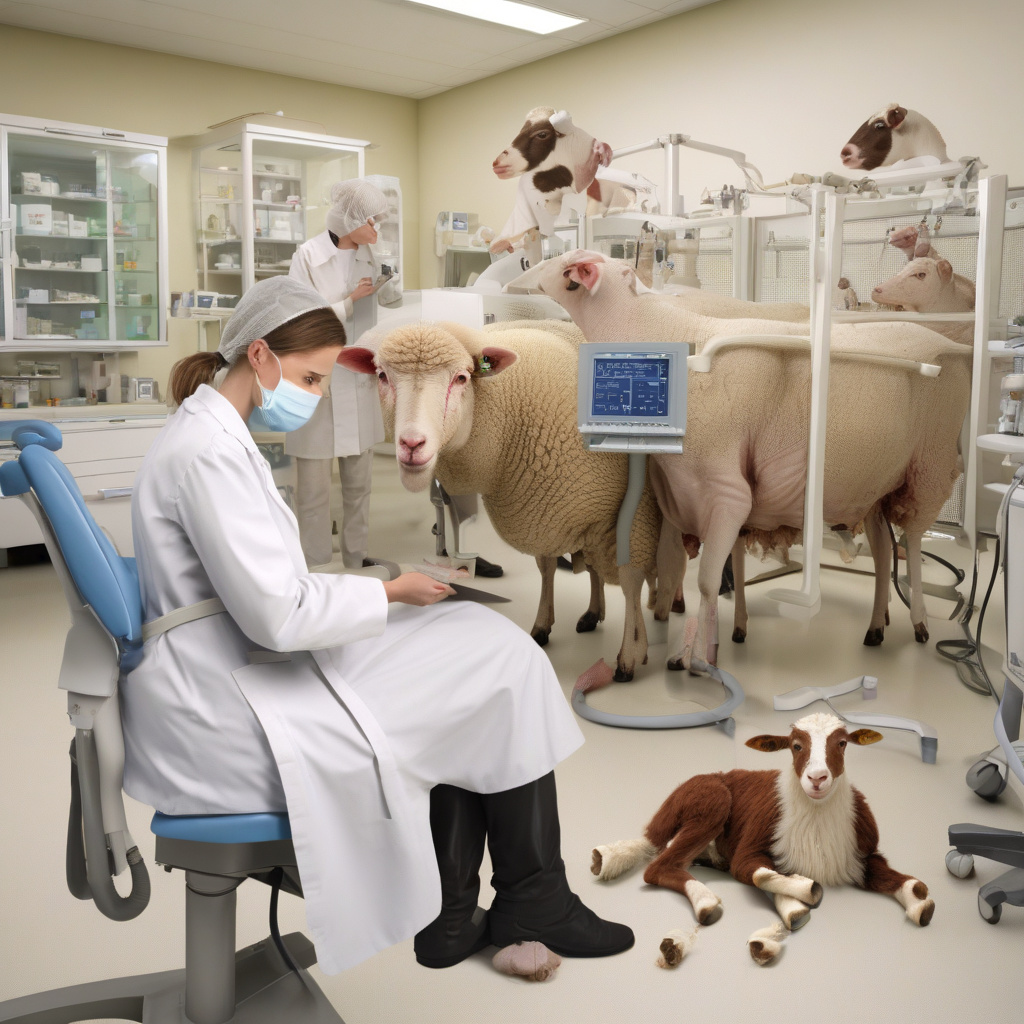UK Ill-Prepared for Outbreaks of Major Animal Diseases, Warns NAO
The recent warning from the National Audit Office (NAO) about the United Kingdom’s lack of preparedness for potential outbreaks of major animal diseases has set off alarm bells across the agricultural and scientific communities. The NAO report highlights significant concerns regarding the outdated systems, staff shortages, and absence of strategic planning that currently plague the UK’s ability to effectively manage and mitigate the impact of animal disease outbreaks.
The implications of this warning are profound, as the outbreak of a major animal disease could have devastating consequences not only for the agricultural sector but also for public health, the economy, and the environment. The NAO report underscores the urgent need for comprehensive and proactive measures to address these vulnerabilities and strengthen the country’s resilience against potential threats.
One of the key issues identified in the report is the outdated systems that are currently in place to monitor and respond to animal disease outbreaks. The lack of modern technology and data management systems hinders the timely detection and containment of diseases, increasing the risk of rapid spread and escalation. Without robust and efficient surveillance mechanisms, authorities may struggle to identify and respond to outbreaks effectively, putting both animal and human populations at risk.
Furthermore, the report highlights the concerning staff shortages within key agencies responsible for managing animal disease outbreaks. The limited workforce capacity not only compromises the speed and effectiveness of response efforts but also places immense strain on existing personnel, leading to burnout and decreased morale. Addressing these staffing challenges is paramount to ensuring a coordinated and agile response to potential outbreaks, emphasizing the need for investment in recruitment, training, and retention strategies.
In addition to the operational deficiencies, the NAO report points to the lack of strategic planning and coordination among relevant stakeholders as a significant barrier to effective disease management. A fragmented approach to preparedness and response efforts can lead to confusion, duplication of efforts, and gaps in communication, ultimately undermining the overall effectiveness of the response. Establishing clear lines of responsibility, enhancing collaboration between agencies, and developing robust contingency plans are essential to improving the UK’s readiness to tackle animal disease outbreaks.
It is evident that immediate action is required to address the deficiencies outlined in the NAO report and bolster the UK’s resilience against potential threats. Investing in modernizing surveillance systems, increasing workforce capacity, and enhancing inter-agency coordination are crucial steps towards building a more robust and proactive response framework. By prioritizing preparedness and strategic planning, the UK can better protect its agricultural sector, public health, and environment from the devastating impact of major animal disease outbreaks.
In conclusion, the NAO’s warning serves as a stark reminder of the vulnerabilities that exist within the UK’s current approach to managing animal disease outbreaks. By heeding these concerns and taking decisive action to address the identified shortcomings, the country can strengthen its defenses and mitigate the risks posed by potential future outbreaks. The time to act is now to safeguard the health and well-being of both animal and human populations in the face of evolving threats.
innovation, animalhealth, UK, NAO, diseaseoutbreaks












